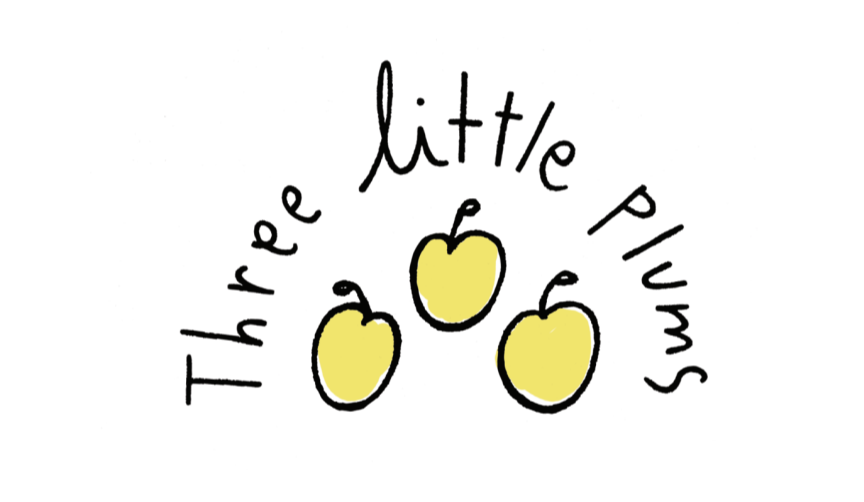Pesticides in Food Linked to Infertility and IVF Failure

Eating organic during pregnancy is always recommended but a new study shows just how important it might be for couples dealing with infertility.
Eating organic might be more important than ever, especially if you are a couple struggling with infertility and undergoing fertility treatments. A new study has found a link between pesticides exposure( from eating non organic fruits and vegetables) and IVF failure rates.
The study, conducted by scientists at the Harvard T.H. Chan School of Public Health, is the first to link daily 'low' levels of pesticide exposure, ( ie that which is consumed in a typical non organic diet) with miscarriage in women undergoing fertility treatments
The study looked at "women undergoing infertility treatment with assisted reproductive technology." and found:
"intake of high–pesticide residue fruits and vegetables was associated with a lower probability of live birth, while low–pesticide residue fruit and vegetable intake was not associated with this outcome."
"Women who reported eating more than 2.2 servings per day of the 14 conventionally (ie: non organic) grown fruits and vegetables with the highest pesticide residues had a 26 percent lower probability of a successful pregnancy compared to women who ate less than one serving a day of these foods."
A similar study conducted by the same group of scientist in 2015 found that men who reported eating more servings of produce high in pesticide residues had poorer semen quality than men who ate those foods less frequently.
While there are many causes for infertility, this link between pesticides in fruits and vegetables and adverse reproductive outcomes are significant, however, one that we can all easily mitigate.
What can you do?
- both men and women who are thinking of or trying to get pregnant, or have been struggling with infertility, should definitely consider switching to eating organic fruits and vegetables.
- some fruits and vegetables retain more pesticide residues than others, so pay special attention to those that have been shown to contain high pesticide residue. Among those with a high amount are fresh plums, peaches, strawberries, spinach and peppers. (you can check out our list of EWG's 'Dirty Dozen' - the 12 fruits and vegetables you should avoid eating due to high pesticide residue)
- The researchers estimate that if a woman eating conventional (non-organic) produce simply replaces one serving of high-pesticide-residue produce with low-residue produce could increase the probability of a successful pregnancy by 88 percent.
Other reasons why you should be especially careful with the levels of pesticides ingested if you are pregnant or already have little ones at home:
The "maximum acceptable levels"of pesticides allowed by government agencies in foods are based on adult eating habits and adult weights. We all know that children's eating habits are different from those of adults (they tend to eat much more fruits and sometimes refuse to eat anything other than , say, apple sauce, for 2 days in a row) and thus could be eating proportionally more contaminated food on a volume-per-weight basis than adults.
Some pesticides have been implicated as being neurotoxins. Our children’s brains are still in full development, and thus, their brain could be more easily affected by pesticides
The liver is in charge of breaking down toxins for elimination, however an infant's liver is less mature and may have less capacity to detoxify chemicals such as pesticides.
Pesticides are stored in fat. Our cute chubby babies tend to have proportionally more body fat than adults do.
Children born to mothers who lived within a mile of fields treated with pesticides have been found to be 60 percent more likely to have Autism Spectrum Disorder than children of non-exposed mothers.
There are approximately 82 instances of pesticides allowed in the United States but barred or restricted in Europe.
The American Academy of Pediatrics issued an important report that said that children have "unique susceptibilities to [pesticide residues'] potential toxicity." They cited research linking pesticide exposures in early life and "pediatric cancers, decreased cognitive function, and behavioral problems."
